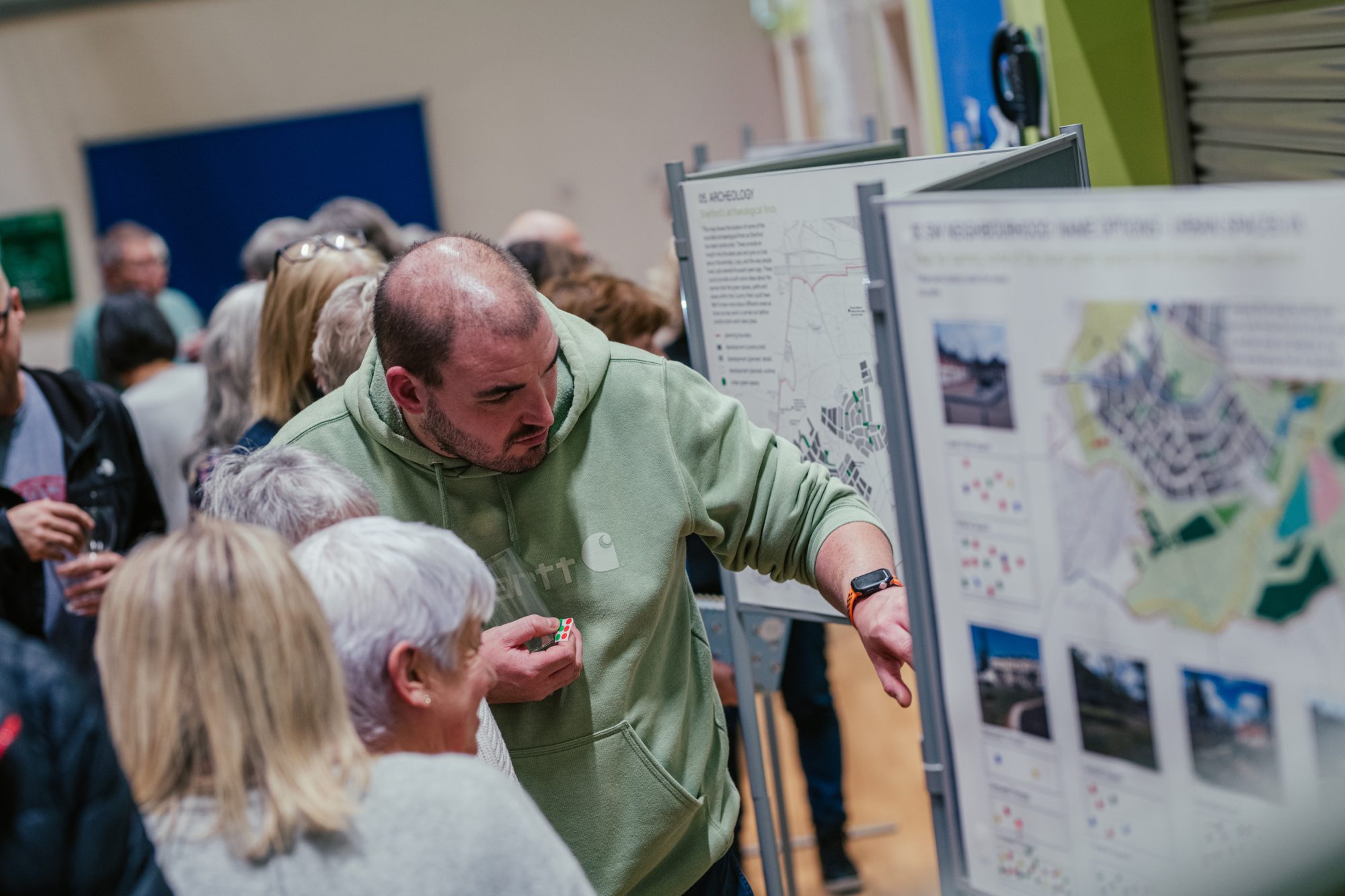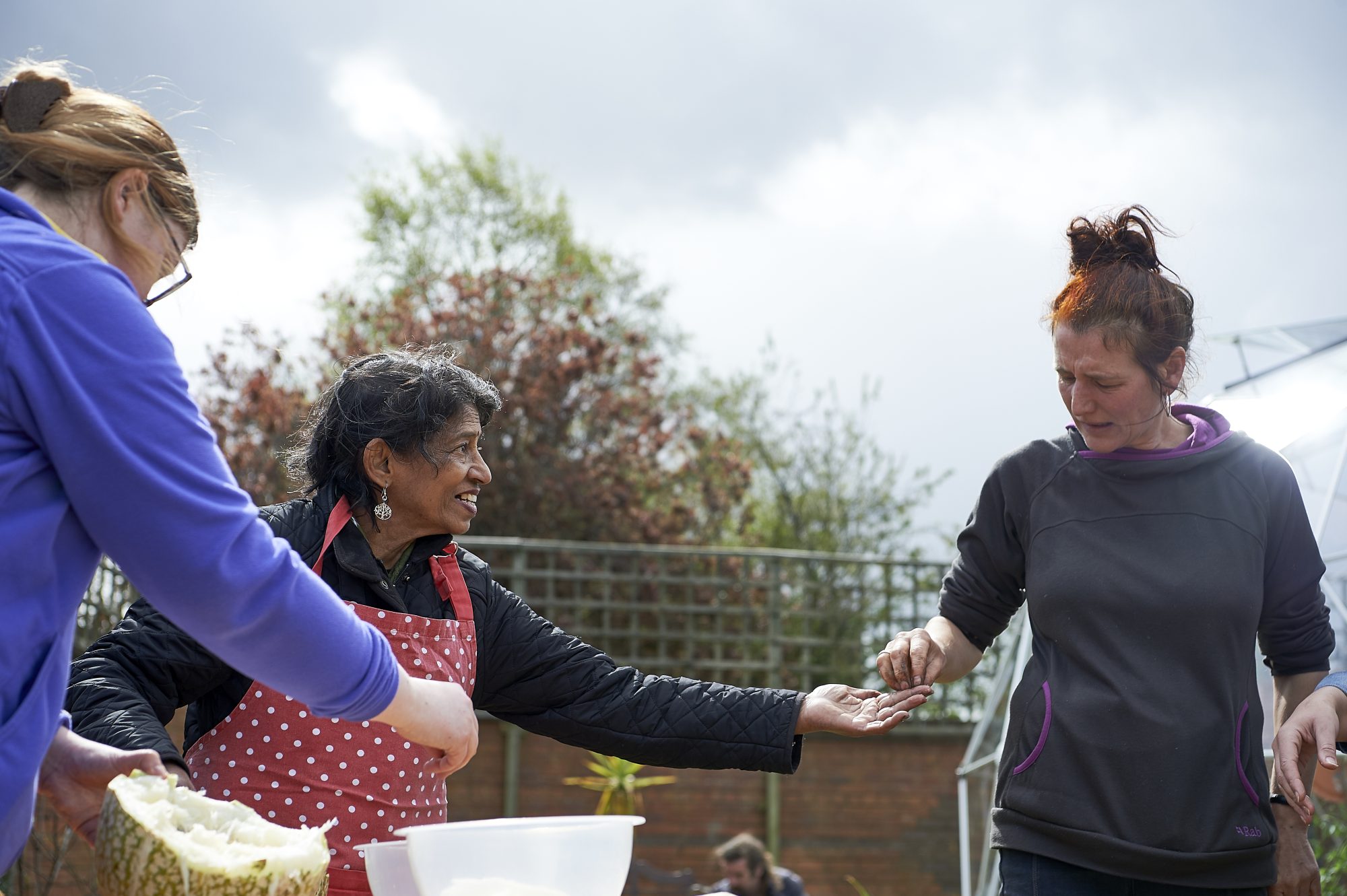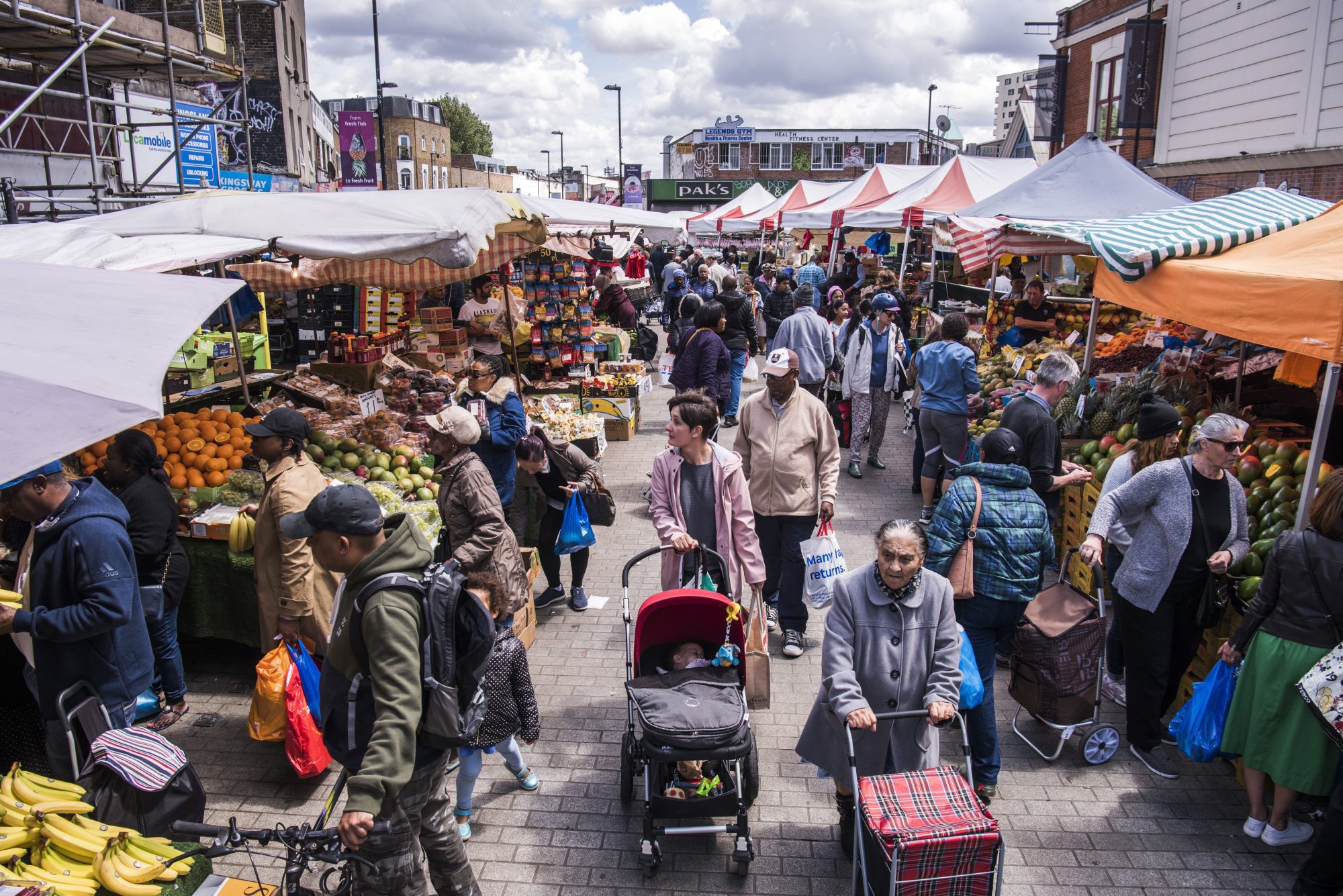
Kate Higgins
Practice and Innovation Manager
At a time when trust in politics and our institutions is at an all-time low, it is clear people are tired of things not working, with not being listened, with being ‘done to’ without having a say. The 2024 Power to Change Community Business Survey found that nearly three-quarters of respondents consider influencing local decisions a priority in the next 12 months. However, only half feel they currently have the power to influence decisions affecting their local area and the communities they serve. We also know from public opinion research that wider public feel this way too; nearly three quarters of people consistently say they have little or no control over the decisions that affect their lives.
We believe communities should have the power to shape what matters to them. When they identify a problem, they must be able to solve it. When they see an opportunity, they must have the means to seize it. And when decisions are made about their community, they must have a seat at the table, ensuring their voices are heard. That is community power.
How do we get there? This year we’re testing out some key policy ideas that can help enable communities to have power over local decision making.
Piloting community covenants
As part of our work on community power, Power to Change is exploring how community covenants can support community cohesion. Proposed by our partners at the We’re Right Here campaign, community covenants could serve as an effective tool for community-led decision-making and foster stronger collaboration with local authorities.
Community covenants are neighbourhood-level agreements that bring together local people, community organisations, and local authorities to share power and decision-making. Our research shows that community businesses empower people to have a greater say, and often greater ownership, over the decisions that affect them. This makes them ideally positioned to be key partners in community covenants, working alongside local authorities, statutory bodies, and the voluntary and community sector.
The survey also highlighted the significant amount of unpaid time community businesses invest in partnership meetings, such as local town boards and economic development groups, as well as in building relationships with key stakeholders. We’re Right Here emphasise the need for new, effective local power-sharing arrangements, alongside fair and sustainable funding to support community covenants. This is already happening in Market Drayton and the surrounding villages, where a community covenant has been formed and is working together to decide how and where a community and family hub will operate in the town.
Through our test and learn partnerships, we will work with community businesses to demonstrate how community covenants can bring people together to share power and shape decisions. We aim to explore how local authorities can effectively devolve power to these arrangements and how they can integrate with existing decision-making forums—such as parish, local, and district councils, combined authorities, neighbourhood forums, and other community networks.
By testing community covenants in practice, we hope to build a stronger case for a more collaborative, community-led approach to decision-making—one where power is shared, voices are heard, and local people have real influence over the future of their communities.
Shifting from ‘doing to’ to ‘doing with’
As part of our focus on community power, Power to Change is actively supporting the Do With campaign. Do With is a network of people and organisations calling for a radical shift in the public sector from ‘doing to’ to ‘doing with’. Join us for an online event – Do With: making the movement happen – on 26 March.



